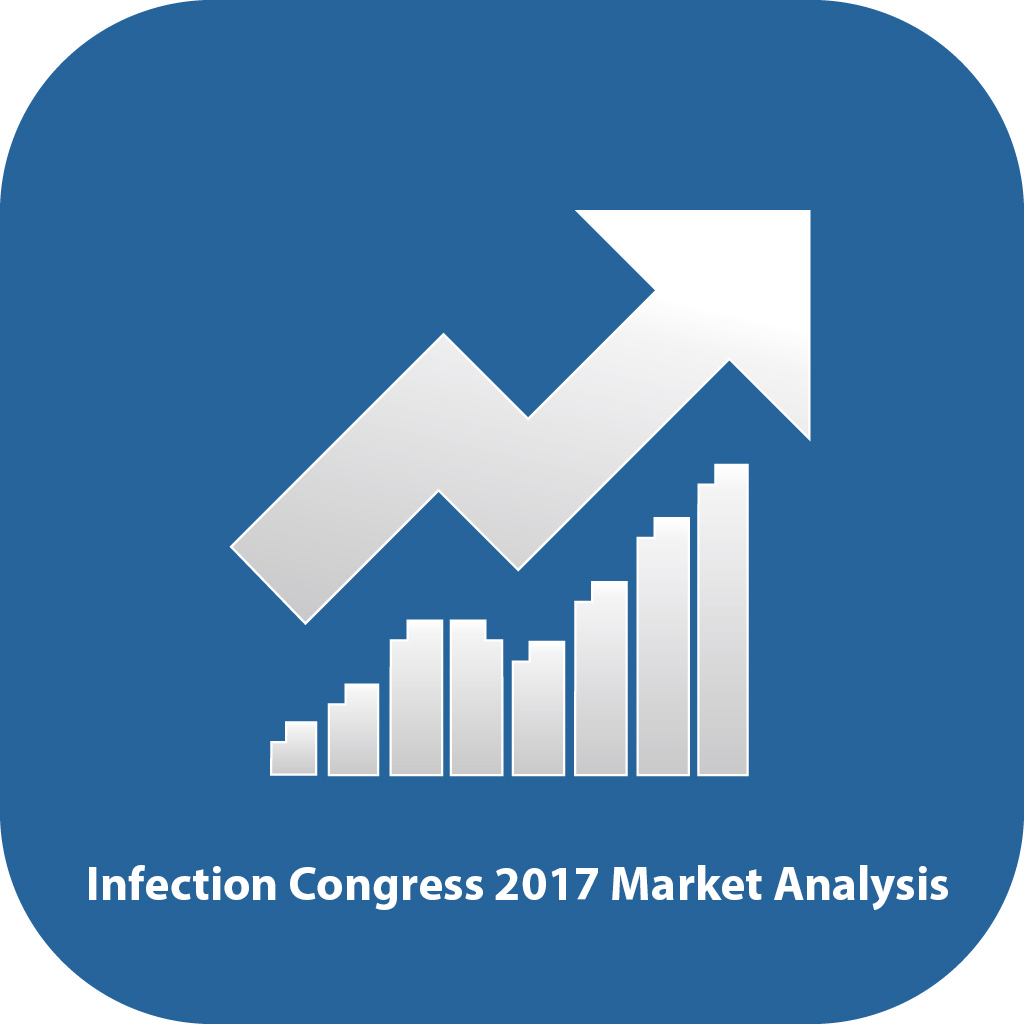
Fereshteh Ghiasvand
Tehran University of Medical Sciences, Iran
Title: Depression improvement among patients with HIV and endocrine dysfunction after hormone therapy
Biography
Biography: Fereshteh Ghiasvand
Abstract
Background: Endocrine diseases are common among men living with HIV (MLWH) known as curable etiology of depression. Depression impedes adherence to treatment and perceived quality of life.
Aim: The objective of this study was to evaluate depression after medical treatment of underlying endocrine diseases among Iranian MLWH.
Materials & Methods: We recruited a convenient sample of 296 MLWH at a referral HIV clinic from April 2013 to March 2014. In phase I (cross-sectional evaluation), all patients were interviewed using the beck depression inventory (BDI- II) questionnaire. In phase II, participants with moderate to severe depression (n=110, scores ≥21) were evaluated for endocrine diseases (evaluations: total testosterone, triiodothyronine, thyroxine, thyroid stimulating hormone, luteinizing hormone, follicle stimulating hormone and serum cortisol). 11 patients diagnosed with hypogonadism were finally considered for hormone replacement therapy. We re-evaluated changes in depressive symptoms with BDI-II.
Results: From 237 participants, 136 (75%) had BDI scores ≥21; 110 participated in the endocrine evaluations. Secondary hypogonadism (total testosterone ≤2.8 nmol/l; LH, FSH: normal) was the only observed abnormality in 10% (n=11) of the patients and hormone replacement was prescribed to seven of them for three months. All patients were re-evaluated for depression; significant changes were observed in final scores (p=0.027).
Conclusions: Evaluation and treatment of hypogonadism can help clinicians to reduce or control depression among people living with HIV; hence improving treatment compliance and patient outcomes.

